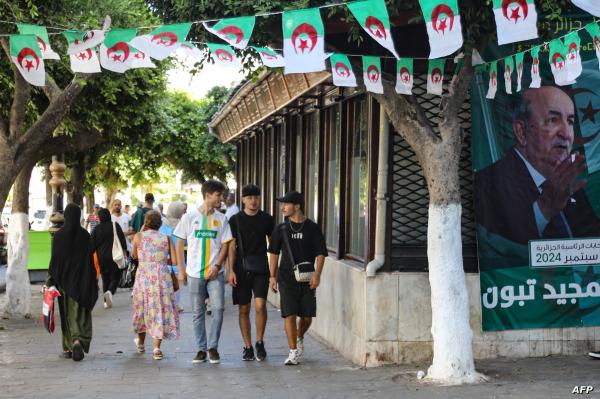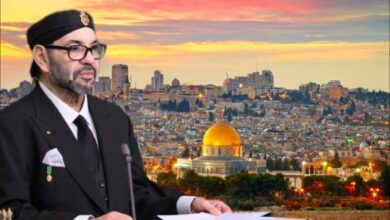Professional Exposes Algerian Military’s Fraudulent Practices After Kabylia Boycotts Elections

Doubts are increasing regarding the credibility of the presidential elections in Algeria following the widespread boycott in the Kabylia region and growing speculations of results being falsified in favor of the current president, Abdelmadjid Tebboune. Despite the Algerian authorities’ intensive efforts to mobilize voters, the voter turnout remains significantly low in many areas, especially in Kabylia, raising questions about whether the results will truly reflect the popular will.
The Kabylia region witnessed an almost complete boycott of the presidential elections in response to calls from the Movement for the Autonomy of Kabylia (MAK), which urged people to abstain from voting.
Ferhat Mehenni, president of the occupied Republic of Kabylia, stated that voter turnout did not exceed 0.8% by 5 PM local time, confirming that more than 99% of the region’s population chose to boycott the elections.
Mehenni described this boycott as a “peaceful resistance” by the Kabyle people, indicating that it aims to strengthen the demand for self-determination and independence. He considered the boycott a powerful message reflecting the Kabyle people’s rejection of the current political system in Algeria.
As the closing of the polling stations approached, warnings of potential result manipulation increased.
Mehenni, in a post on “X,” noted that the Algerian authorities might attempt to manipulate the figures to artificially inflate the turnout in the last hours of voting. He stated that an increase from 0.8% to significantly higher numbers in just one hour is unreasonable, expressing his concerns that the results would be falsified to justify Tebboune’s re-election.
Since the start of the Algerian presidential elections, they have faced a wave of criticism from various political factions and civil society organizations.
Many Algerian opposition figures have confirmed the likelihood of the elections’ lack of integrity, viewing them as an attempt to reaffirm the military’s dominance over power in the country.
On another front, international observers and human rights organizations are watching the elections with increasing concern, especially given the restrictions on political freedoms and freedom of expression in Algeria, which further fuels suspicions regarding the legitimacy of the expected results.
If the Algerian authorities announce Tebboune’s re-election amid this tense atmosphere, political tensions in the country are expected to escalate, particularly in Kabylia, which has clearly declared its refusal to participate in the electoral process. This situation could lead to further protests and divisions, presenting significant challenges for the ruling military regime on various fronts.



